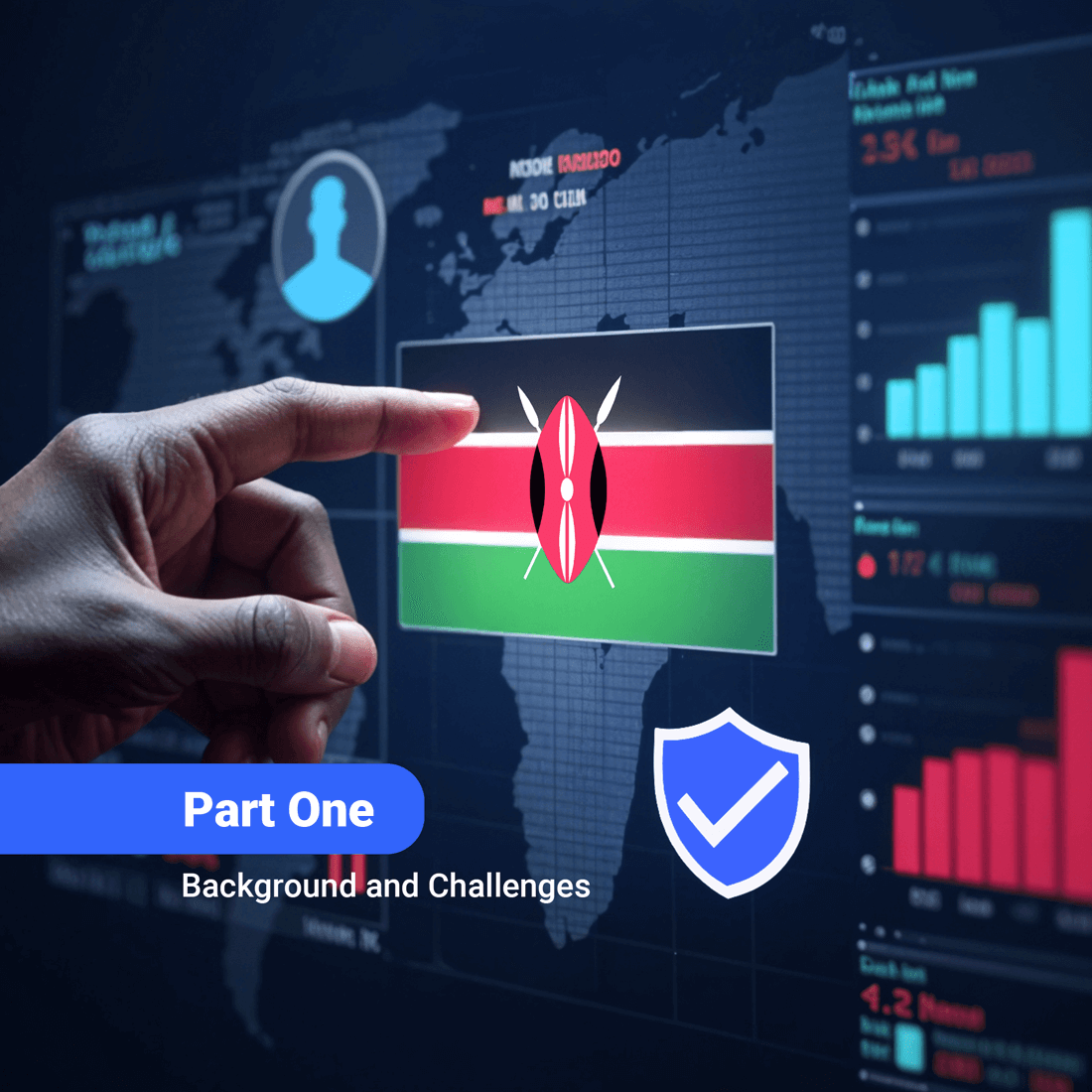Introduction
Insurance fraud is a significant and complex challenge in Kenya’s insurance industry, particularly in the short-term (general) insurance lines like motor, property, and travel insurance. Fraudulent claims not only drain insurers’ finances but also lead to higher premiums for honest customers and erode public trust in insurance. In fact, estimates suggest that as much as 25% of insurance industry income may be fraudulently claimed, with roughly 30% of motor insurance claims and 40% of medical claims deemed fraudulent. Such staggering figures underscore the urgency for robust fraud detection and prevention measures. These articles examine practical tools and controls – focusing on rule-based detection systems and identity verification technologies – that Kenyan insurers can deploy to curb claims fraud in short-term insurance. It also explores the specific fraud risks in Kenya, implementation opportunities, and the operational benefits of fortifying fraud defences.
As much as 25% of insurance industry income may be fraudulently claimed, with roughly 30% of motor insurance claims and 40% of medical claims deemed fraudulent.
The Short-Term Insurance Fraud Landscape in Kenya
Kenya’s short-term insurance segment – which covers non-life policies like vehicle, property, travel, and health insurance – faces persistent fraud risks. Common schemes include exaggerated or outright fake claims, staged accidents, falsified documents, and even collusion between claimants and service providers. Motor insurance is consistently the most fraud-prone line; for example, industry data from a few years ago showed motor and medical covers accounted for over half of reported fraud cases. Auto insurance fraud often involves staged collisions, inflated repair bills, or claims for non-existent vehicles – in some cases, fraudsters have insured phantom cars and then lodged claims for fictitious accidents. Property insurance can see incidents like intentional damage or arson by policyholders attempting to collect payouts illicitly. In travel insurance, fraud may involve forged medical reports for trip cancellations or false claims of lost baggage. These schemes are not victimless – they drive up insurers’ claim costs and ultimately make premiums more expensive for consumers.
Fraud in Kenya’s insurance market has been on a worrying trajectory. The Insurance Regulatory Authority (IRA) and insurers have reported a rising number of fraud cases annually, indicating that the problem is far from contained. For instance, in 2015 the IRA recorded 93 fraud cases worth Ksh 324 million in just 11 months – a jump from 88 cases, Ksh 102 million the year before. In early 2016, reported insurance fraud cases surged by 60% compared to the same period a year prior, reflecting a sharp uptick in fraudulent activity. More recently, industry reports show fraudulent claims might comprise around 20% of all general insurance claims by value. It’s evident that these figures only capture detected fraud; the true scale, including undetected cases, is certainly higher. Clearly, Kenyan insurers must stay vigilant and proactive in the face of inventive fraud tactics.
In early 2016, reported insurance fraud cases surged by 60% compared to the same period a year prior, reflecting a sharp uptick in fraudulent activity.
Impact of Claims Fraud on Insurers and Policyholders
Widespread claims fraud has serious repercussions for both insurance companies and customers. Financially, fraudulent claims siphon off millions of shillings that insurers could otherwise use to pay legitimate claims or reduce premiums. One Kenyan industry analysis estimated that fraud in motor and health insurance was costing insurers between 8% and 10% of all claims paid in those classes. Such losses directly hit insurers’ bottom lines and can even threaten the solvency of companies in extreme cases. Kenya has witnessed insurers facing distress or collapse in part due to high claim payouts, some of which were linked to fraud and abuse of the system. To compensate for fraud losses, insurers often pass on the cost to consumers through higher premiums. Thus, honest policyholders end up paying a “fraud tax” embedded in their insurance costs, which undermines affordability and insurance penetration.
One Kenyan industry analysis estimated that fraud in motor and health insurance was costing insurers between 8% and 10% of all claims paid in those classes.
Beyond the monetary impact, persistent fraud damages the reputation of the insurance sector. When policyholders perceive that fraud is rampant, or that insurers are frequently denying claims due to fraud suspicions, it erodes trust in insurance as a reliable safety net. In Kenya, where insurance penetration remains relatively low at around 3% of the population as of a few years ago, improving public confidence is crucial. Effective fraud prevention can help by both reducing claim disputes and demonstrating to the public that insurers are safeguarding the pool of funds. Additionally, claims fraud often implicates intermediaries and professionals – for example, past analyses found a portion of fraudulent claims involved collusion by agents, traffic police, lawyers, or medical practitioners. This not only complicates fraud investigations but also highlights that fraud is a systemic issue – combating it requires controls at multiple levels; insurer processes, agent oversight, law enforcement, and industry cooperation.
Conclusion
It’s clear that insurance fraud is not merely a cost of doing business – it’s a growing threat that demands decisive action. In our next instalment, we’ll delve into the practical systems and technologies available to Kenyan insurers to curb fraudulent claims, from rule-based monitoring engines to robust identity verification - stay tuned.
If your organisation is grappling with fraud concerns, we invite you to reach out for a consultation or explore our suite of Fraud Risk Management (FRM) solutions.

